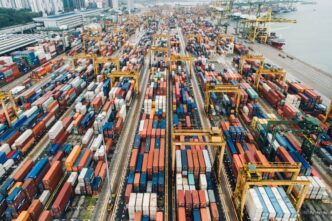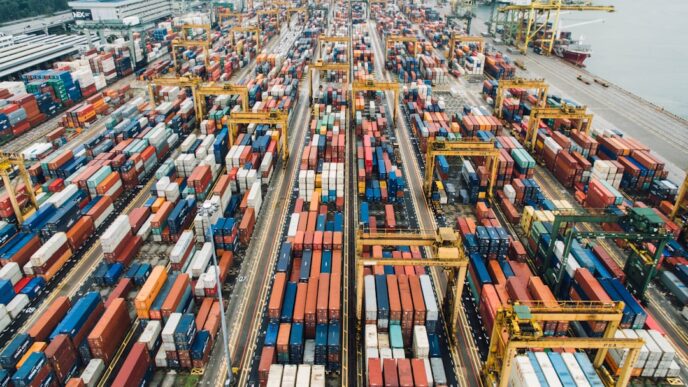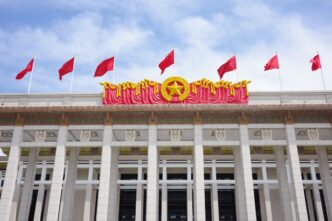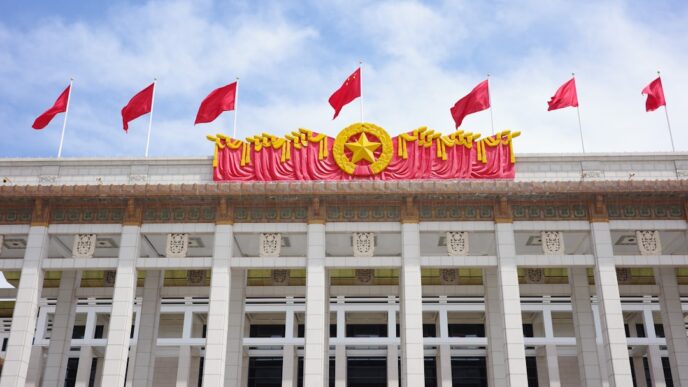In the complex web of international trade, there exists an intricate layer that often goes unnoticed. It’s not the tariffs or trade agreements that capture headlines, nor is it the latest GDP figures or stock market fluctuations. Instead, it is the unwritten rules and informal networks that frequently dictate the flow of goods and services across borders. These informal ties, built on trust, cultural understanding, and personal relationships, can significantly impact economic interactions and trade outcomes.
Take, for example, the relationship between China and African nations. Over the past two decades, China has aggressively expanded its influence on the continent through infrastructure investments and trade. However, beyond formal diplomatic channels, many of these trade relationships are bolstered by personal connections and a deep understanding of local customs. Chinese entrepreneurs often rely on informal networks established by their predecessors, which can lead to lucrative partnerships that formal agreements alone might not achieve.
Organizations such as the China-Africa Development Fund have played a crucial role in fostering these ties. By investing in both infrastructure and human capital, they create a fertile ground for informal relationships to thrive. This model demonstrates how cultural diplomacy can transcend written contracts, paving the way for smoother negotiations and business ventures.
Meanwhile, in the tech sector, companies like Cisco and Microsoft are leveraging informal networks to navigate the challenging landscape of international markets. They often engage with local entrepreneurs and influencers who understand the nuances of regional markets. This approach allows them to tailor their offerings based on real-time feedback and insights, making their products more appealing and relevant to the local consumer base. The result? A competitive edge that formal market-entry strategies might not provide.
However, the reliance on informal networks also has its downsides. The opacity of these relationships can lead to skepticism and mistrust among nations that prioritize transparency and accountability. For instance, in countries where corruption is rampant, informal trade networks might perpetuate unethical practices, adversely affecting the local economy and stifling fair competition. In such cases, nations may seek to formalize agreements to ensure that all parties adhere to a set of standards, thus mitigating potential abuses.
Moreover, with the rise of digital platforms, the nature of these informal networks is evolving. Social media and professional networks like LinkedIn are allowing businesses to connect with potential partners worldwide at an unprecedented scale, breaking down geographical barriers. However, the challenge remains: how do you instill trust in a virtual environment where relationships often lack the face-to-face interactions that build rapport?
In the context of Brexit, the United Kingdom is facing the challenge of redefining its trade relationships without the safety net of established EU agreements. British businesses are being urged to cultivate informal networks with nations outside the EU. This means engaging in cultural and diplomatic exchanges that go beyond the bureaucratic processes of trade negotiations. The ability to strike a deal in a café rather than a conference room may very well dictate the success of British exports and the future economic landscape.
As global dynamics shift and new players enter the arena, understanding the power of these unwritten rules becomes essential. The challenge for policymakers and businesses alike is to recognize that while formal agreements matter, the strength of relationships often lies in the intangible connections that are not captured on paper. Emphasizing these informal networks could very well be the key to thriving in a rapidly changing economic environment.













